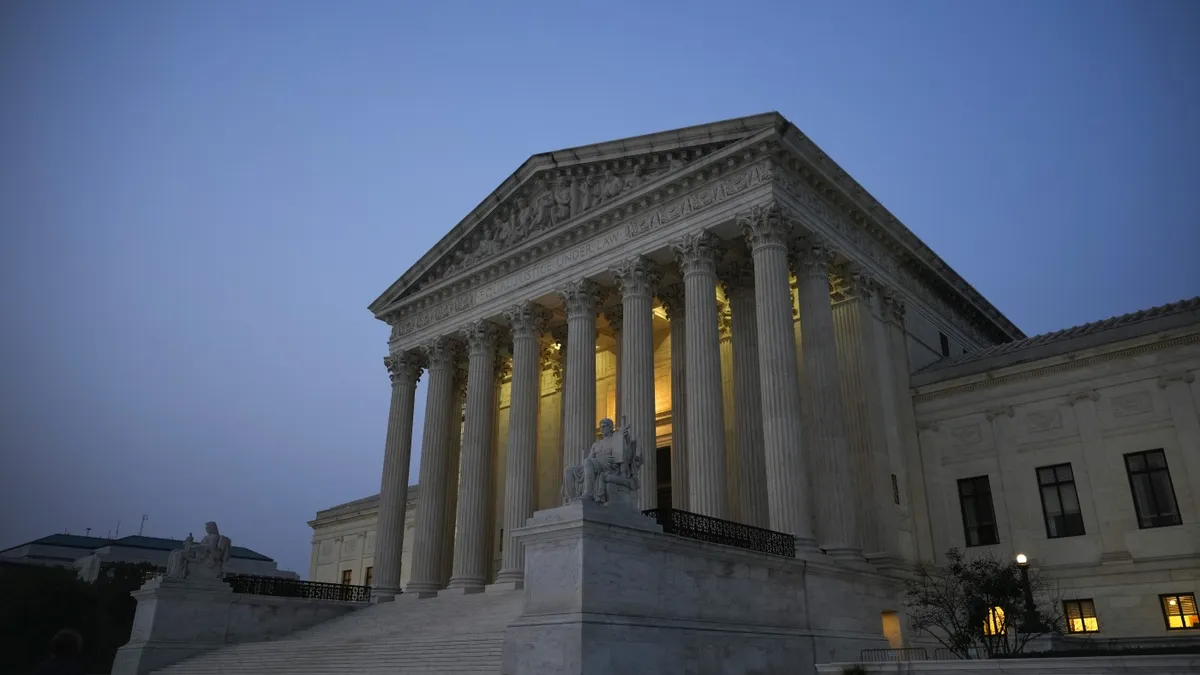
On Thursday, the Supreme Court made a significant ruling allowing South Carolina to prevent Planned Parenthood from accessing federal Medicaid funding for non-abortion services. This decision has profound implications, as it permits states to deny the organization Medicaid reimbursements for essential health services such as cancer screenings and other medical care that is not related to abortion.
The crux of the issue revolved around a provision in the federal Medicaid law that guarantees Medicaid patients the ability to choose their healthcare providers. According to this law, patients are entitled to receive care from any qualified and willing provider. However, South Carolina argued that it has the authority to disqualify Medicaid providers based on any reason permissible under state law. Governor Henry McMaster, a Republican, articulated this stance by stating, "Taxpayers should not be forced to subsidize abortion providers who are in direct opposition to their beliefs."
In a 6-3 vote that followed ideological lines, the Supreme Court sided with South Carolina. Justice Neil Gorsuch, who wrote the majority opinion, emphasized that the law does not explicitly grant individuals the right to sue to enforce the "any qualified provider" measure. He noted that Congress did not specifically authorize such lawsuits, and that it is uncommon for statutes to confer enforceable rights. Justice Gorsuch expressed concern that allowing lawsuits over one Medicaid requirement could lead to a surge of legal challenges regarding other aspects of the program.
In contrast, Justice Ketanji Brown Jackson, representing the dissenting liberal justices, framed the case as a critical civil rights issue. She asserted that citizens should have the right to sue if their rights are infringed. Justice Jackson argued that South Carolina is evading its responsibility to uphold the rights of Medicaid recipients in choosing their own healthcare providers, stating, "Blocking the governor's order could lead to a significant erosion of patients' rights."
Since 1976, federal law has prohibited the use of federal Medicaid funding for abortion services, with limited exceptions for cases of rape, incest, or life-threatening complications. However, the Medicaid program allows reimbursement for any qualified medical provider offering non-abortion services. In South Carolina, a state facing a shortage of primary care providers, Planned Parenthood South Atlantic has historically provided vital routine medical services, including physical exams and cancer screenings, to low-income residents.
After the governor removed Planned Parenthood clinics from the state's Medicaid roster, the organization initiated legal action, arguing that Medicaid patients should have the right to choose their healthcare providers, including those that offer abortion services. The lower courts ruled in favor of Planned Parenthood on multiple occasions, confirming that the organization was qualified to provide Medicaid services and that patients had the right to seek care from willing providers.
The Fourth Circuit Court of Appeals had previously mandated that South Carolina include Planned Parenthood in its Medicaid program, thereby ensuring residents could choose their healthcare providers. However, the Supreme Court's recent ruling has overturned this decision, raising concerns about the future of healthcare access for low-income residents in South Carolina and potentially in other states as well.
This landmark ruling highlights the ongoing debate over healthcare access and the rights of Medicaid recipients, influencing the landscape of women's health services across the nation.